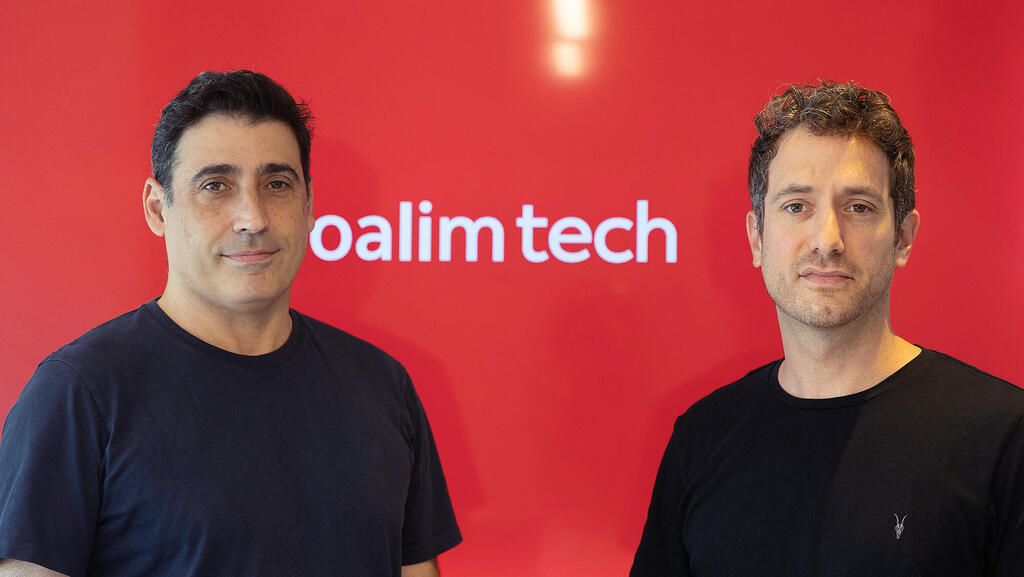Tal Jacobson, CEO of Perion, which offers digital advertising technology services for advertisers and publishers, sat down with Tal Kirschenbaum, CEO of Ledge, which develops a system to help technology companies’ financiers automate and manage their finances, to discuss how to overcome crises and leverage collaborations.
The project involves a series of one-on-one meetings between experienced entrepreneurs and early-stage startups, with the aim of providing advice, support and insight on entrepreneurship, creativity, startup management and building businesses for growth.
1 View gallery


Tal Jacobson of Perion (left) and Tal Kirschenbaum of Ledge
(Photo: Avigail Uzi)
Tal Jacobson, can you share a crisis you faced early in your career and what you learned from it that might help young entrepreneurs?
“One of the things I remember most from the beginning of my career is when I was running marketing for a large company and I made a mistake. I sent out a newsletter where everyone could see each other’s email addresses. People started sending ‘Reply All’ responses and it became a mess. That day I went to the CEO and told him I was quitting, apologizing for the blunder. He told me that if I wanted to avoid making mistakes, I should do nothing. ‘Sometimes when you do things, embarrassing mistakes happen. Just get better, get organized, and get back to work. ‘ I learned from this to not be afraid to make mistakes, to take responsibility for them, to be determined to correct them, and to be very honest about everything that happened. This mindset has guided me throughout these years.”
Tal Kirschenbaum, what was the biggest difficulty you encountered last year?
“The collapse of Silicon Valley Bank took us by surprise, both as a company that had our funds there and as a company that provides services to financiers of technology companies that manage funds there and that needed help on what to do and how to respond. We were one of the last groups to withdraw our money and transfer it to another bank in Israel. The regulator stepped in and supported the companies in an impressive and swift way. It was a very stressful weekend for a young company.”
Tal, what advice did you give to the other Tal?
Jacobson: “We talk a lot about how to create partnerships that give meaningful momentum to the organization. This is relevant at every stage, for both startups and established companies. It’s about finding strong pillars of collaboration that can enhance the value of the company. Companies don’t operate in a vacuum; they need partners and pillars around them.”
What did they learn from each other?
Jacobson: “It almost doesn’t matter what size company you run; the challenges are the same. As a CEO, you typically have to think on two levels all the time: the day-to-day tactical level and the long-term strategic level.”
Kirschenbaum: “He stressed the importance of all kinds of force multipliers. They can also be the people you surround yourself with, from whom you can draw different experiences and ways of thinking.”
Michal Kissos Hertzog, CEO of Poalim Tech, which initiated the Growth+ project, said: “During the project, I thought a lot about the situation of entrepreneurs, about the fact that they are in the middle of such intense activity to launch a startup in days when everything around them is a war and challenges keep emerging. And since the path from a startup to a large and successful company is often long, this emphasizes for me the importance of maintaining balance – knowing how to take breaks, spend time with loved ones, and stay healthy in body and mind, in order to succeed in such an intense effort that a startup requires.”


